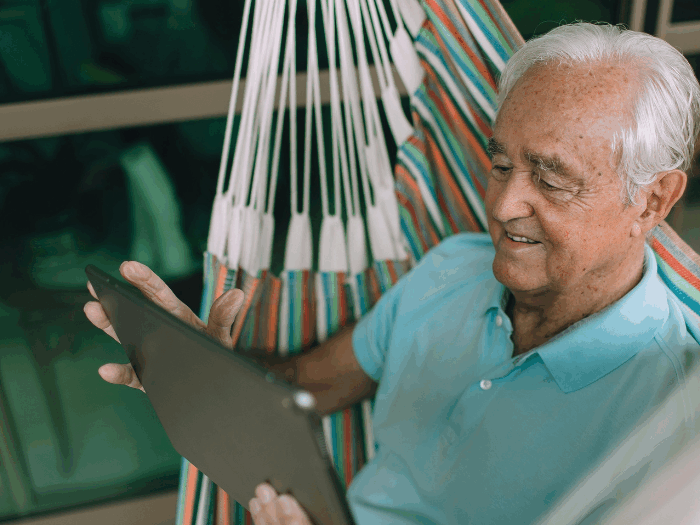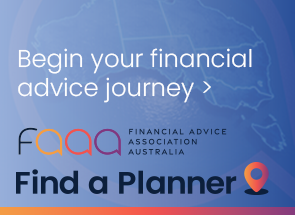Your first meeting with a financial adviser should be a little bit like a first date. By that, I don’t mean soft lighting and a nice dinner but instead a bit of a chance to find out if you like each other and are keen for the relationship to progress.
The relationship between client and financial adviser is designed to be for the long term. Whether you see your adviser regularly, or just see them when there is a change in your circumstances, the relationship can last for many years. So, it’s important you feel comfortable with your planner.
Making sure your planner understands your goals and listens to your concerns is vital in the first instance – and then it’s important to feel comfortable with, and confident in, each other.
What a financial planner does
A common question asked by people before their first meeting with a planner is “what does a planner actually do?’
A planner works with you to achieve your life goals through financial planning. This is done through by assessing your current position and working on a financial plan to best achieve these goals potentially through:
- Cash flow management or budgeting.
- Establishing the best way to save and invest to achieve your goals. This might be through investing in various asset classes through a range of strategies.
- Working on your retirement planning through setting up super and potentially other investments.
- Protecting your assets through risk management and insurance.
- Helping you find other professionals for your financial team.
- Assisting with your estate planning.
First meeting
The first appointment is a try out for you both to see whether you like each other, could you see yourselves working together, and finally if you believe the planner can help you.
It’s a relationship that should work for both of you. Sometimes the planner can’t see that they can add much value and will let you know. Other times you might feel there is no connection. Either way, it’s OK. Move on and find another one. The first meeting is typically free so you can afford to take the opportunity to ensure you are comfortable with the adviser.
Saying that, you’re not trying to become best buddies. It’s about trust that they will be looking after you, your goals, and your values.
According to Aaron Hitch CFP®, LBW Business & Wealth Senior Adviser, in the first meeting you should expect to have a robust discussion about your financial situation and circumstances, what’s important to you, and what you are looking to achieve now and in the longer term.
“Advisers should be upfront about what they can do to help and what the costs will be going forward,” Hitch says.
After the first meeting, a second meeting should be scheduled with a clear understanding of how to progress and how much a plan will cost.
“People can be surprised when we understand their situation and ask questions to understand options. Many clients have a lightbulb moment, and this is very valuable when the client sees that the person on the other side of the table can really help them.
“I always find that modelling scenarios with clients engages them and shows what you can do. For example, I can show clients for the more long-term goals what we can do today and the impact it will have down the track.”
Arch Capital managing director, Nigel Baker CFP®, says he would expect that, in the first meeting, the adviser is doing a lot more listening than talking, and asking you about your life and goals. They should be gaining a deep understanding of your lifestyle and values. There should be no talk of products. And the client should have a good understanding of the relationship they would be having with the adviser.
I have had multiple meetings with financial planners over the years. One I saw had such an opulent office I knew from the start I couldn’t afford the fees they would need to pay their rent!
Another didn’t listen to anything about me, but straightaway suggested I bought an investment property while waiting to buy my own home – even though I had the money for my own home and wanted that security. A third seemed to be going through a pre-prepared script.
My financial planner now listens to what I’m going through and only in the last part of our review are the financial solutions discussed.
However, whenever I have a life issue she is one of the first people I talk to – new jobs, home renovations, major health issues and so on. I expect that our relationship will be long lasting so it needs to be an open and trusting relationship.
The Money & Life website is operated by the Financial Advice Association (FAAA). The views expressed in this article are those of the author and not those of the FAAA. The FAAA does not endorse or otherwise assume responsibility for any financial product advice which may be contained in the article. Nor does it endorse or assume responsibility for the information accessible via any links provided in the article. Please consider seeking advice from a qualified professional to ascertain how the information in this article and the links provided may relate to you.








